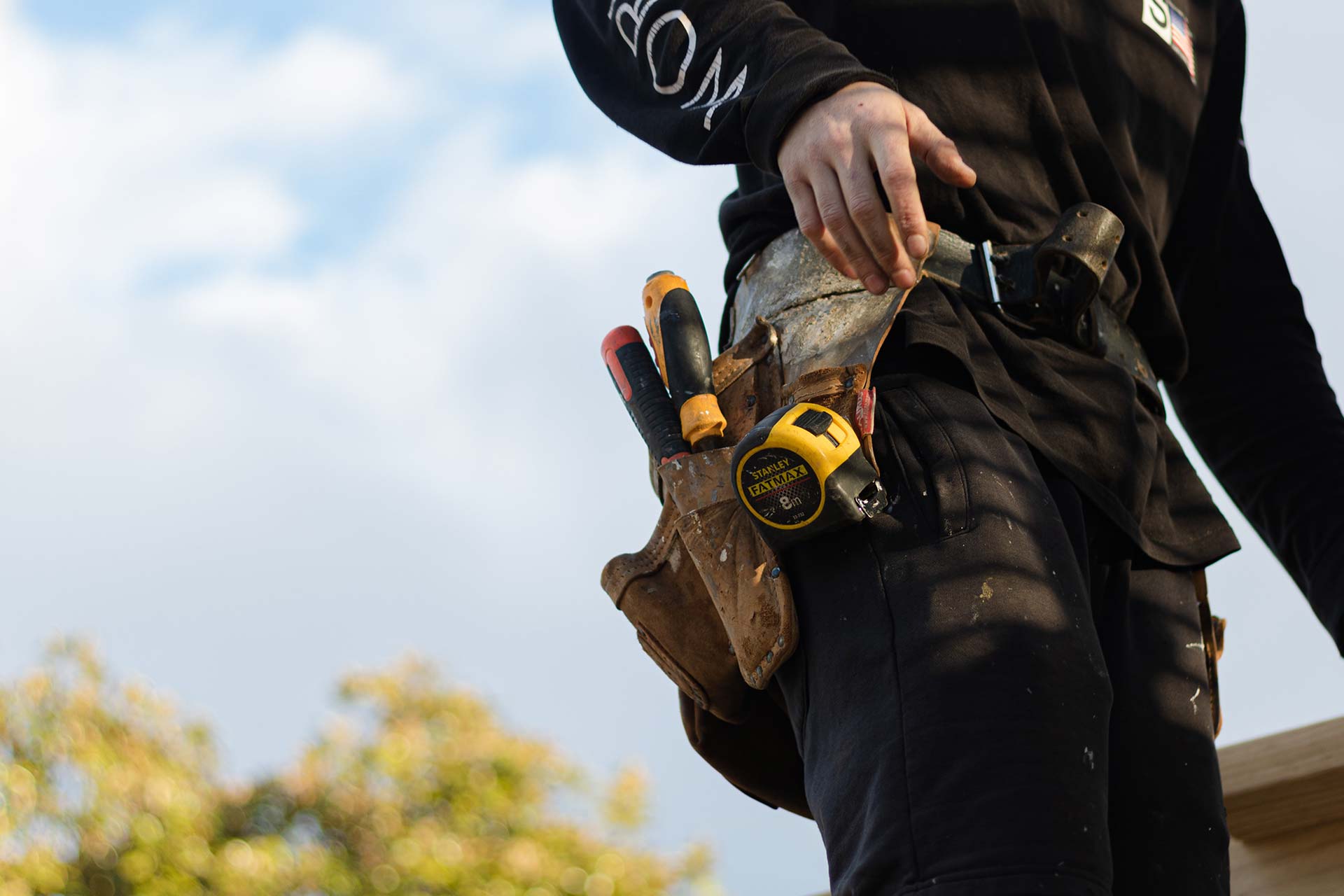The vast majority of those involved in the building industry operate through limited liability companies. If something goes wrong during the building process that company does provide some protection against personal liability to the people behind those companies. But there is still the potential for a person involved in the building process, including a director of a company, to be held personally liable where they have had direct involvement in the building process.
All builders must meet the standards of a reasonable builder when performing building work regardless of their status or capacity (employee, director, or self-employed). That also applies to other people involved in the construction process as well, such as engineers, architects, waterproofers and others. If they fail to meet those standards then the building owner, and future building owners, can potentially take action against them personally, as well as the companies involved. Their liability arises from that person’s particular actions and involvement, not because of their position as a director or employee of the contracting company. The standards of a reasonable builder are largely found in the building code. If they fail to meet those standards, they can be liable for compensation for the loss caused by the failure to build with reasonable care and meet the standards of a reasonable builder.
However, that liability is different to the contractual obligations of the company that entered into the contract to perform the work. A builder is not personally liable for the contracting company’s failure to perform its contractual promises. It follows that the scope of their personal responsibility is to ensure compliance with the building code, not with the particular building consent. There can often be a significant difference between what was contracted to be built, and the minimum standards of the building code or what might be considered reasonable building work. The Building Act 2004 also imposes certain statutory warranties into building contracts, and again it is the contracting party who is liable for any breaches of those statutory warranties, not the builder personally.
Every case will depend on the exact circumstances, so getting good advice is important. If you have a problem with your building project or a company has gone into liquidation, it may still be possible to pursue individuals involved in that building work.



